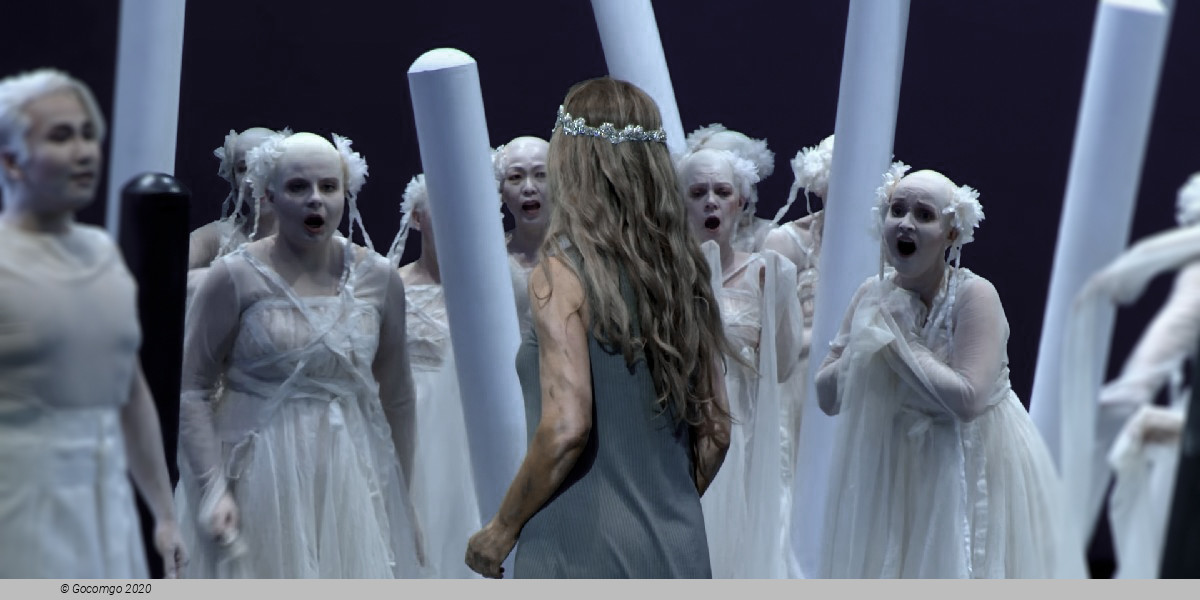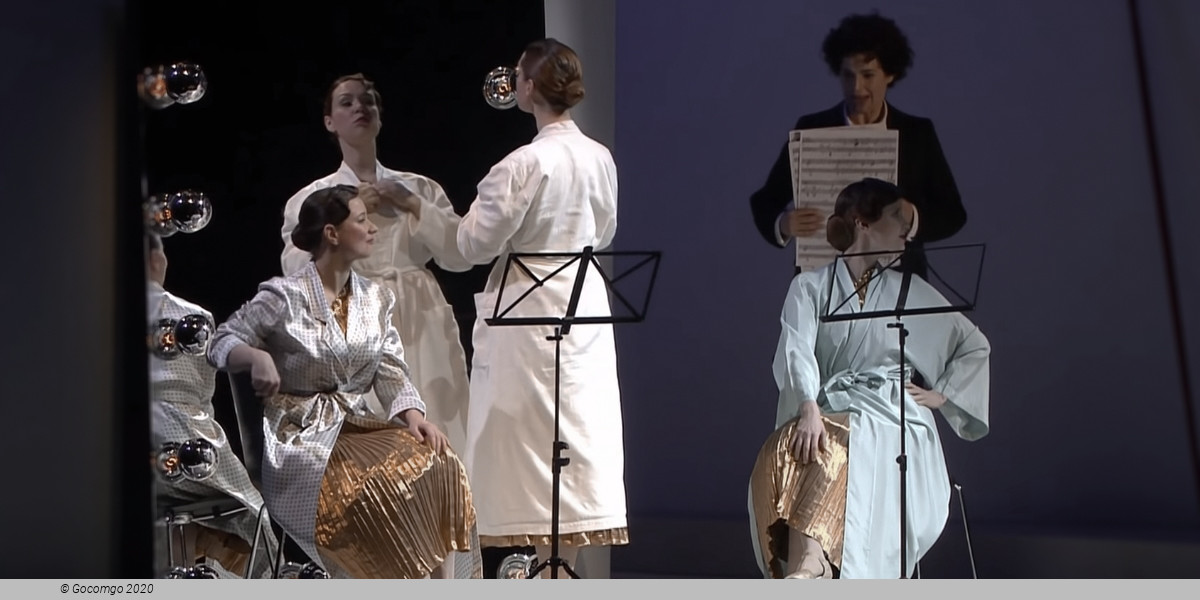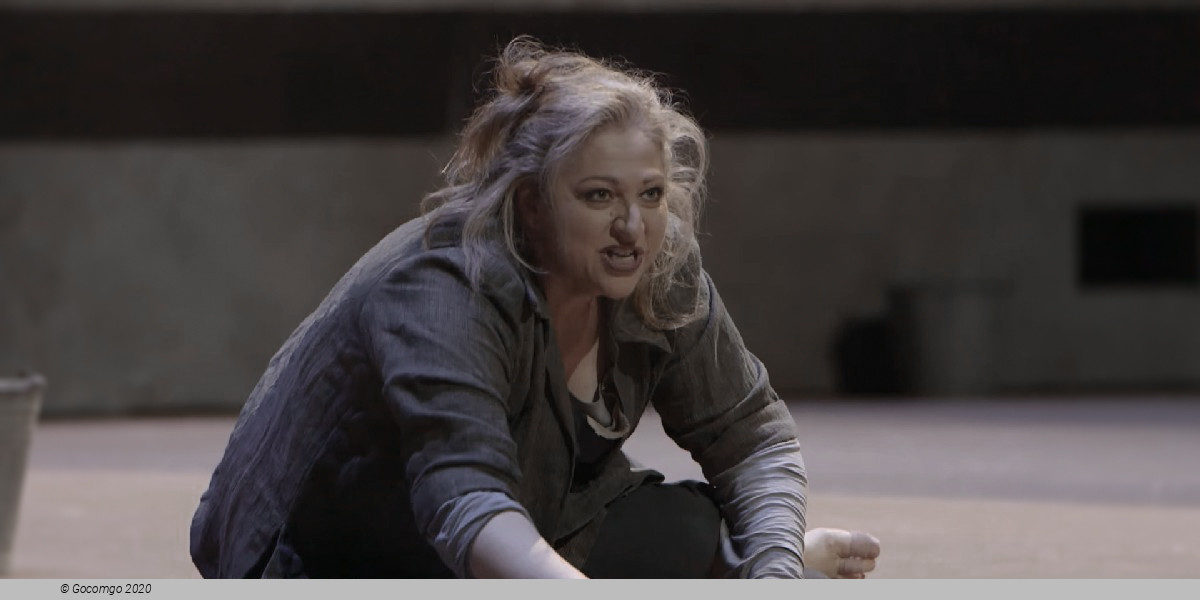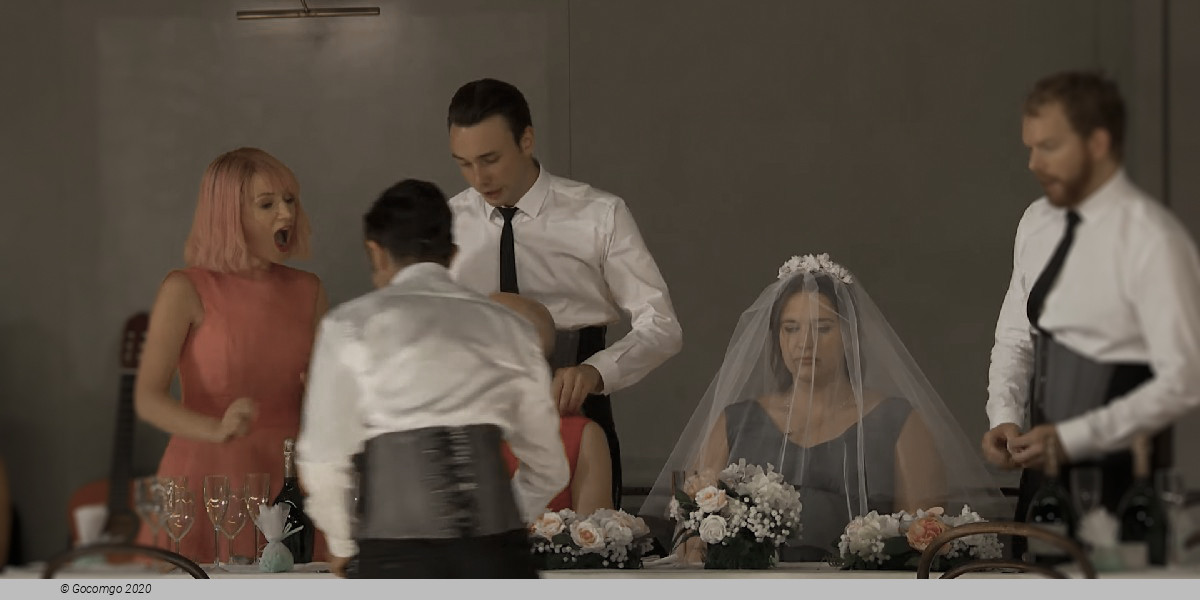Events59 results
About
Hugo Laurenz August Hofmann von Hofmannsthal (1 February 1874 – 15 July 1929) was an Austrian prodigy, a novelist, librettist, poet, dramatist, narrator, and essayist.
Hofmannsthal was born in Landstraße, Vienna, the son of an upper-class Christian Austrian mother, Anna Maria Josefa Fohleutner (1852–1904), and a Christian Austrian–Italian bank manager, Hugo August Peter Hofmann, Edler von Hofmannsthal (1841–1915).
His great-grandfather, Isaak Löw Hofmann, Edler von Hofmannsthal, from whom his family inherited the noble title "Edler von Hofmannsthal", was a Jewish tobacco farmer ennobled by the Austrian emperor.
He began to write poems and plays from an early age. Some of his early works were written under pseudonyms, such as Loris Melikow and Theophil Morren, because he was not allowed to publish as a student. He met the German poet Stefan George at the age of seventeen and had several poems published in George's journal, Blätter für die Kunst. He studied law and later philology in Vienna but decided to devote himself to writing upon graduating in 1901. Along with Peter Altenberg and Arthur Schnitzler, he was a member of the avant garde group Young Vienna (Jung Wien).
In 1900 Hofmannsthal met the composer Richard Strauss for the first time. He later wrote libretti for several of his operas, including Elektra (1909), Der Rosenkavalier (1911) with Harry von Kessler, Ariadne auf Naxos (1912, rev. 1916), Die Frau ohne Schatten (1919), Die ägyptische Helena (1928), and Arabella (1933).
In 1911 he adapted the 15th century English morality play Everyman as Jedermann, and Jean Sibelius (amongst others) wrote incidental music for it. The play later became a staple at the Salzburg Festival.
During the First World War Hofmannsthal held a government post. He wrote speeches and articles supporting the war effort, and emphasizing the cultural tradition of Austria-Hungary. The end of the war spelled the end of the old monarchy in Austria; this was a blow from which the patriotic and conservative-minded Hofmannsthal never fully recovered.
Nevertheless, the years after the war were very productive ones for Hofmannsthal; he continued with his earlier literary projects, almost without a break. He wrote several new libretti for Richard Strauss operas. In 1920, Hofmannsthal, along with Max Reinhardt, founded the Salzburg Festival.[citation needed] His later plays revealed a growing interest in religious, particularly Roman Catholic, themes. Among his writings was a screenplay for a film version of Der Rosenkavalier (1925) directed by Robert Wiene.





